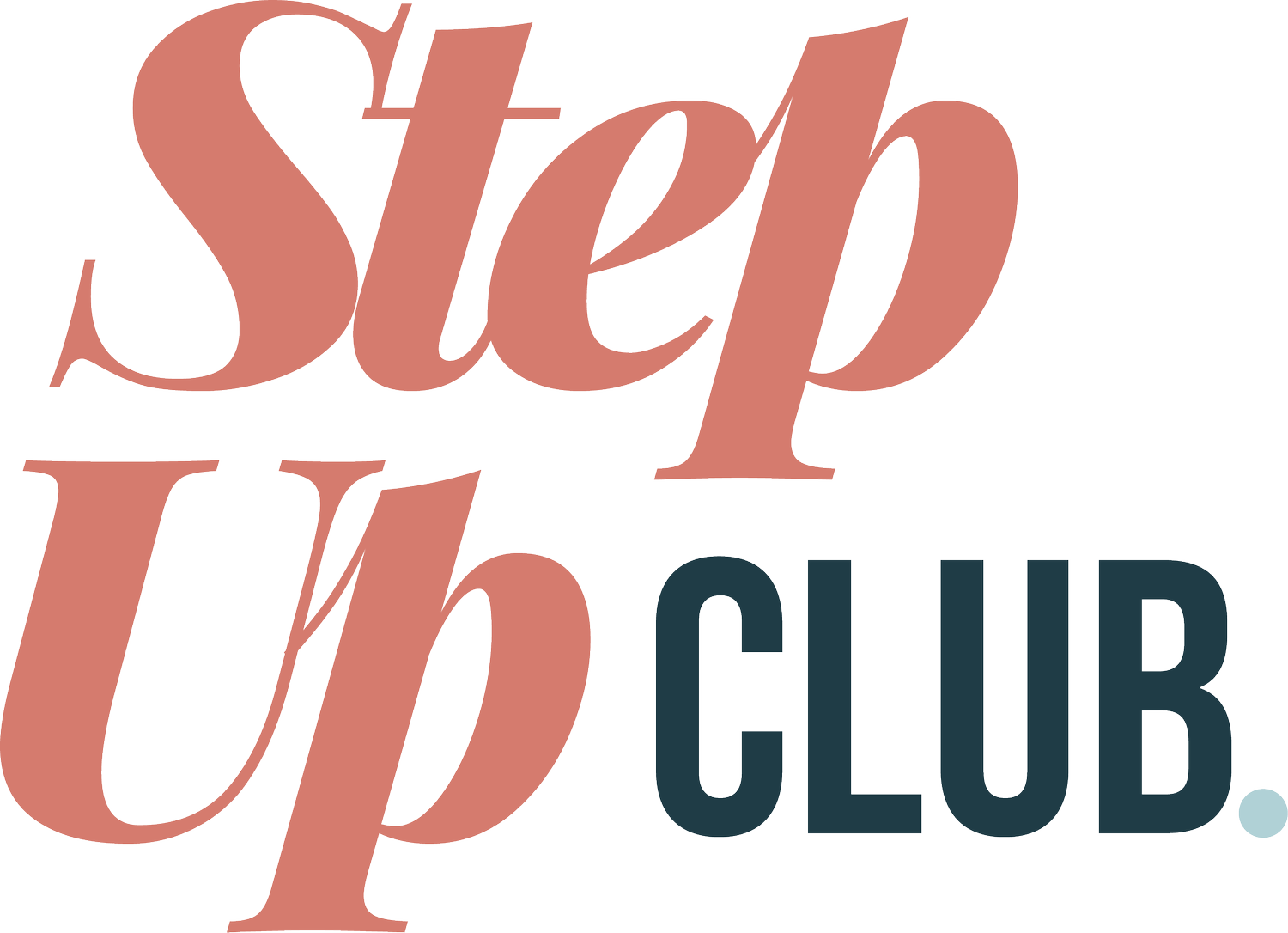Make Work Relationships, Work
Is there a relationship at work that you feel is ‘tricky’? I’m not talking about bullying or harassment that needs the intervention of management/professionals, rather the relationship or relationships that just feels a little ‘off’.
Be stuck in uncomfortable work relationships can have a negative impact on our confidence, resilience, and leadership skills. They can force us to behaviours that don’t fit with our own moral codes and values, and again this can be destabilising and depleting. Even worse, because these relationships end up wearing us down, we find it increasingly hard to break the negative cycle.
So here are some tips around refinding that balance, understanding why things have broken down, and what you can do to feel comfortable again across all of your work relationships.
If you want to fix a wobbly work relationship, start by putting distance between yourself and the situation. When we do this, preferably both physically and emotionally, we can begin to look at the situation objectively and learn to reintroduce more positive behavioral patterns.
Once you’ve made that space and stepped back, try to look at the situation with empathy. This isn’t always easy, especially when emotions are running high, but it’s the starting point in fixing any relationship: looking with empathy requires us to feel what the other person is feeling; see what they’re seeing. We don’t have to agree with these thoughts and feelings, but by sitting in their seat, by just acknowledging their experiences is often enough to rebuild trust.
Spend some time being objective about what’s happened. What has caused the rift, is it a breakdown in communication? Are there mismatched expectations? What are you expecting from them, and what do you both need in return?
Listen, neutrally, with empathy; don’t agree or disagree, just make the other person feel heard. In response, summarise their views to make them feel understood and validated. This is where you will probably discover external factors that have influenced their behavior. We know our own backstory but in the heat of the moment can easily forget that others have theirs too – we know that we submitted the presentation late because our child got sick the night before, but without that information, others can quickly jump to the conclusion that it’s because we’re unorganised, not serious about our jobs.
Another important question to ask yourself is: are you telling yourself a story? Has your mind gone down a negative rabbit hole? By picking up on behaviours and adding them all together you can often tell yourself a negative story, try and view the situation as an onlooker, are you running your own negative commentary on the relationship? Does that person actually interact with others the same?
Navigating difficult professional relationships is hard, there tends to be a lot at stake and it can feel like an insurmountable challenge to get back to something more open and honest. It can be that some work relationships never reach this point, but as long as we know we are doing all that we can by the other person – that we are responding in the best way possible – then the last resort is learning to not take things personally.
In most cases, a tricky person will be tricky with many, not just you. And their behaviour often says more about their own situation than it does about your relationships to them. Fear and insecurities tend to drive complicated behaviours, so try to respect their own shortcoming, and then, use your own strength of mind to repeatedly remind yourself that this is their problem, and although you are experiencing it in part too, you are not responsible for the friction.

